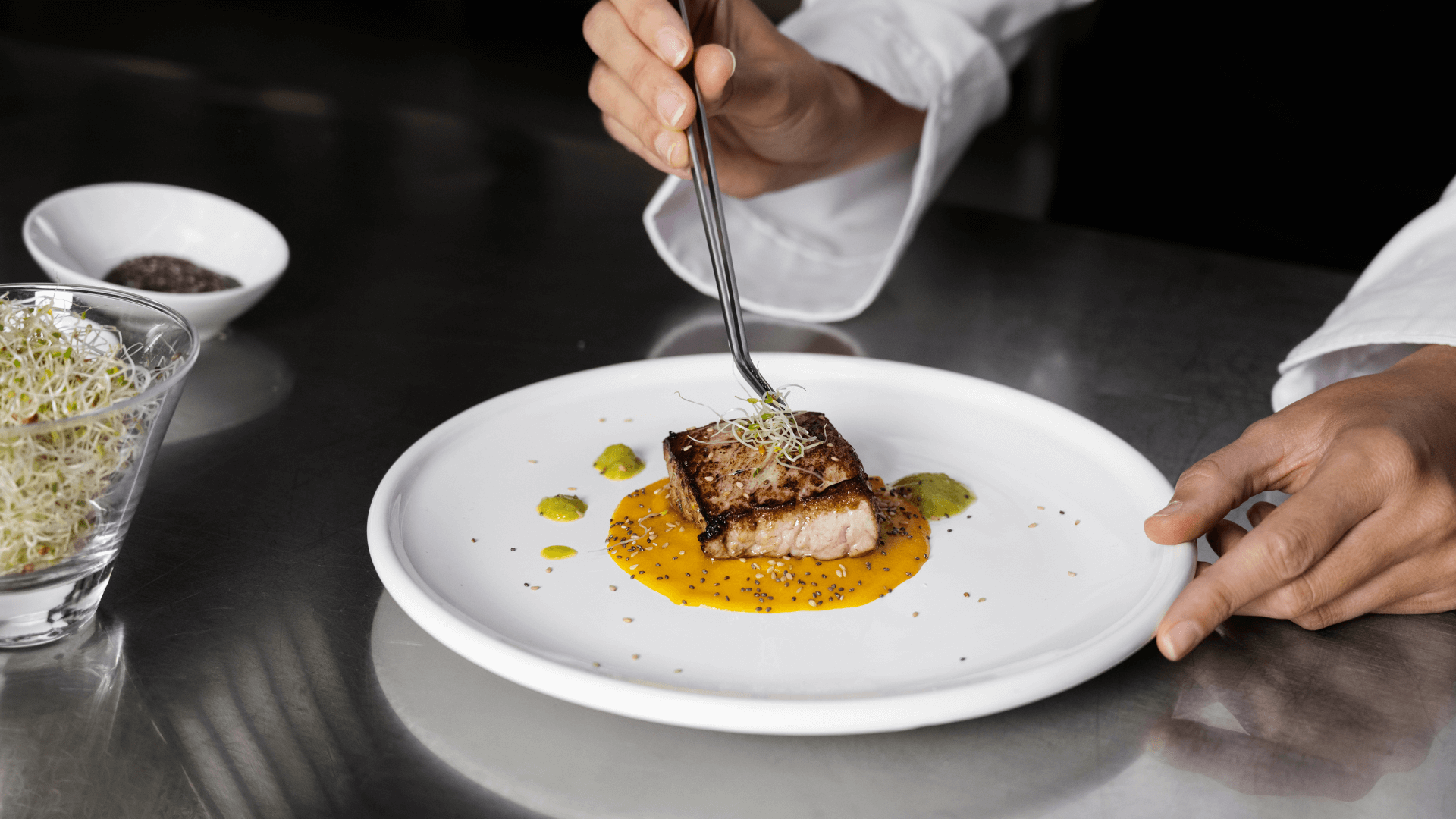Charles Darwin once said that it’s not the strongest or the smartest that survive, but those who can adapt to change. These timeless words echo profoundly, underscoring the importance of adaptability when it comes to navigating the ever-evolving landscape of the restaurant and hospitality industry.
Reflecting on my journey, from my first cooking course at twelve to getting my first culinary qualification at 21, and eventually starting my own business at 30, I’ve witnessed the transformative shifts within the culinary world. From the erstwhile celebration of imported ingredients to the present-day embrace of local produce, South Africans have transitioned from a stance of apology to well-deserved pride in their culinary finesse on the global stage.
Here’s how to handle change in a way that helps your brand grow and thrive.
Prioritising consistency
While it’s imperative for any brand to evolve and adapt, the bedrock of core values – like respect, consistency, authenticity, and professionalism – is non-negotiable.
Integrity, shown through actions rather than words, forms the cornerstone of building trust.
At Gourmet Guide, our unwavering commitment lies in recognising and rewarding excellence within the culinary realm, anchored firmly in fostering the growth and development of individuals.
Here are some age-old adages that I feel still bear relevance:
- “If it ain’t broke, don’t fix it.”
- “If you can’t change something, change your attitude towards it.”
- “Respond, don’t react to external stimuli.”
- “Stick to your recipe (strategy) and adapt only when necessary.”
Crafting brand evolution
Building a brand is like paying close attention to a dripping tap, comprising myriad considerations. Rather than revolutionising and completely changing, brand evolution requires a keen understanding of your strengths aligned with your consumers’ evolving preferences.
Formal, stiff dining experiences have become more relaxed, necessitating staff training to balance professionalism with approachability. Being transparent about chef profiles and where ingredients come from has also become paramount, so having a knowledgeable and engaged team is key.
Navigating change effectively
- Embrace flexibility: Let the changing seasons serve as a compass, but be ready to change when you need to.
- Cultivate culture: Cultivate a culture of creativity, championing local support and inclusive planning – and always encourage innovation.
- Be genuine: Embody authenticity and make sure everything you do, from where you get your ingredients to how you manage waste, is sustainable.
- Forge strategic alliances: Build strong relationships, as having enduring partnerships with trusted suppliers will help you weather market fluctuations and crises when they arise.
- Harness technology: Future-proof your operations and enhance efficiency to help your restaurant run better and be prepared for the future.
- Empower your team: As part of your people development programme, equip your staff with resilience-building tools and opportunities for growth.
- Strategise for success: Have plans for the short and long term, but be ready to change them and adapt to changing market dynamics.
Keeping up with restaurant trends and diner preferences is very important. Everyone associated with your establishment, whether they work there or eat there, embodies your brand essence.
Their enthusiasm and advocacy affect your reputation, so nurture their passion and commitment as carefully as upholding your own dedication to culinary excellence.
Raising The Game
From navigating change to strengthening your brand, take your team’s performance and leadership skills to the next level.


0 Comments